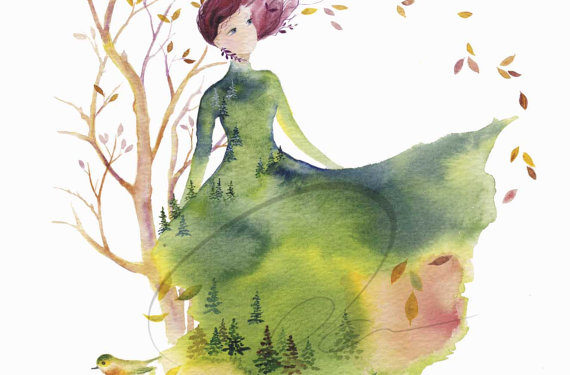Women’s situation in the Kurdish society
Thus far, I have described some general characteristics of the sexist society. Let me conclude this analysis with some remarks on the specific conditions of Kurdish women.
The transition from the Sumerian to the Hittite civilisation pushed the proto-Kurds to strengthen their tribal existence. Because a premature statehood would have caused their elimination, they seemed to have preferred a semi-nomadic, semi-guerrilla lifestyle. As more and more states were established around them, they felt an increasing need to strengthen their tribal structures. Kurdish tribalism resembled the lifestyle of a guerrilla group. When we take a closer look at the family within the tribal organisation, we see the prominence of matriarchy and freedom. Women were quite influential and free. The alertness, strength and courage of the present-day Kurdish women originate from this very old historical tradition. However, a negative aspect of tribal life is that opportunities to make the transition to a more advanced society are restricted.
It is not a coincidence that amongst the peoples of the Middle East the Kurds have the best-developed sense of freedom. We see this in their historical development. The prolonged absence of the ruling and exploitative classes and their inability to generate any positive value for their community, plus the fact that throughout their history Kurds have had to fight nature and foreign incursions have all contributed to the development of this characteristic. The fact that women in Kurdish society are more prominent than in other Middle Eastern societies is due to this historical reality.
However, the present situation of women in Kurdish society needs to be analysed thoroughly. The situation of women throughout the world is bad, but that of Kurdish women is nothing but terrible slavery and unique in many respects. In fact, the situations of both women and children are appalling.
Although in Kurdistan family is considered sacred, it has been crushed – especially as a result of a lack of freedom, economic inability, lack of education, and health problems. The phenomenon of the so-called honour killings is the symbolic revenge for what has happened in society in general. The woman is made to pay for the obliteration of society’s honour. Loss of masculinity is taken out on the woman. Except for woman’s honour, the Kurdish male, who has lost both moral and political strength, has no other area left to prove his power or powerlessness.
Under the present circumstances, it may be possible to resolve the family crisis if there is a general democratisation of society. Education and broadcasting in the mother tongue can partially eliminate identity impairment. Marriage, the relations between husband and wife and children, has not even surpassed that of the old feudal relationships when capitalism’s merciless relationships besieged them and turned their life into a complete prison.
In its freedom struggle for the Kurdish people, the PKK did not only fight against the crippling effects of colonialism; above all, it struggled against internal feudalism in order to change the status of women and end the enslavement of society in general. Women were attracted to the struggle in great numbers – not only to resist colonialism but also to end the internal feudalism and to demand freedom. Since the 1980s, this has caused Kurdish women, whether within or outside the organisation, to organise themselves as a movement and to take and implement decisions that concern not only them as women but also concern society in general. I have tried to support them in any way I can, both theoretically and in practice.




